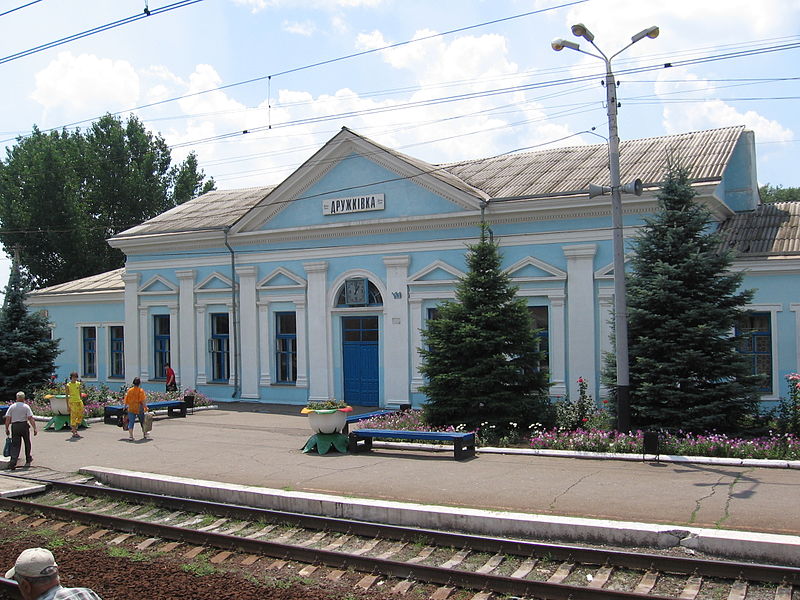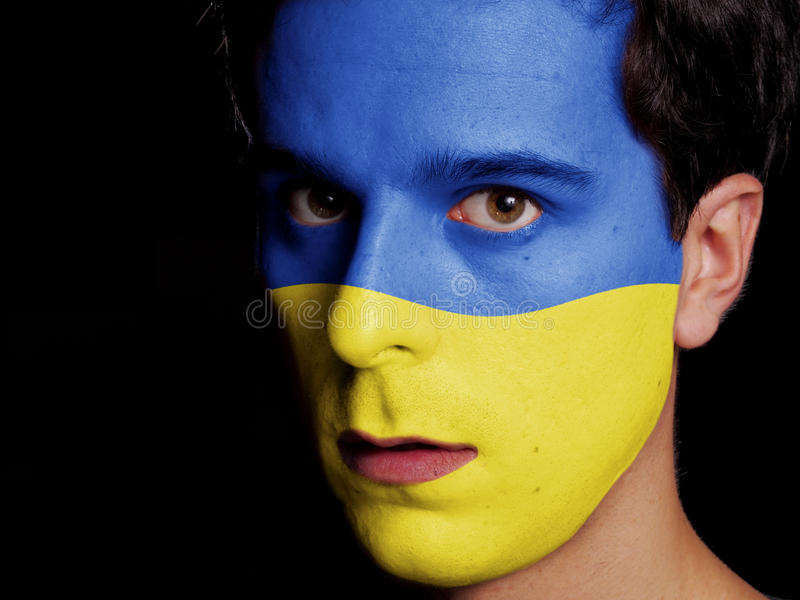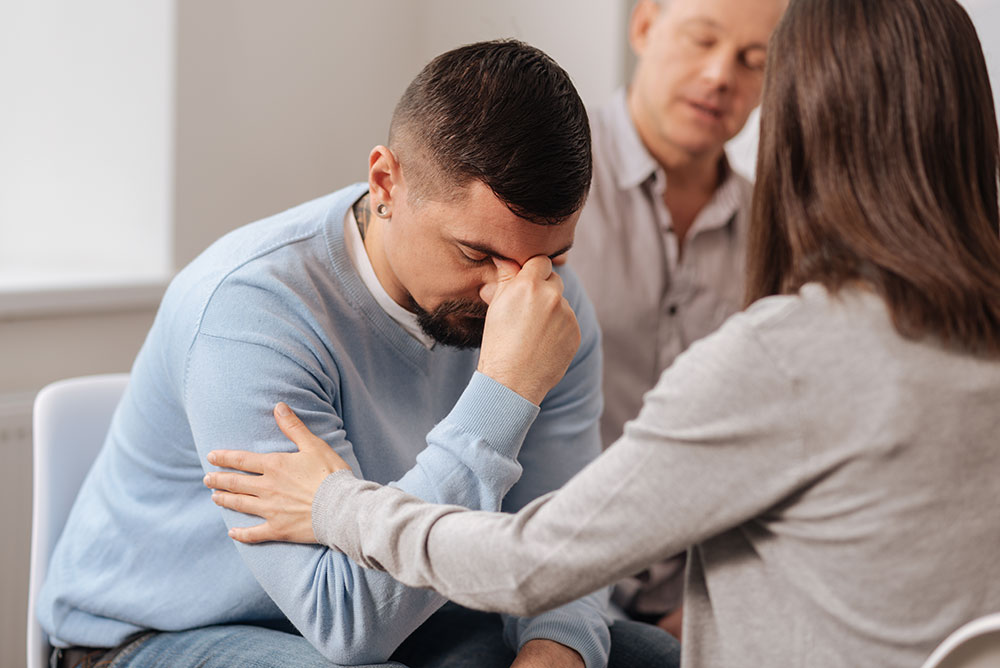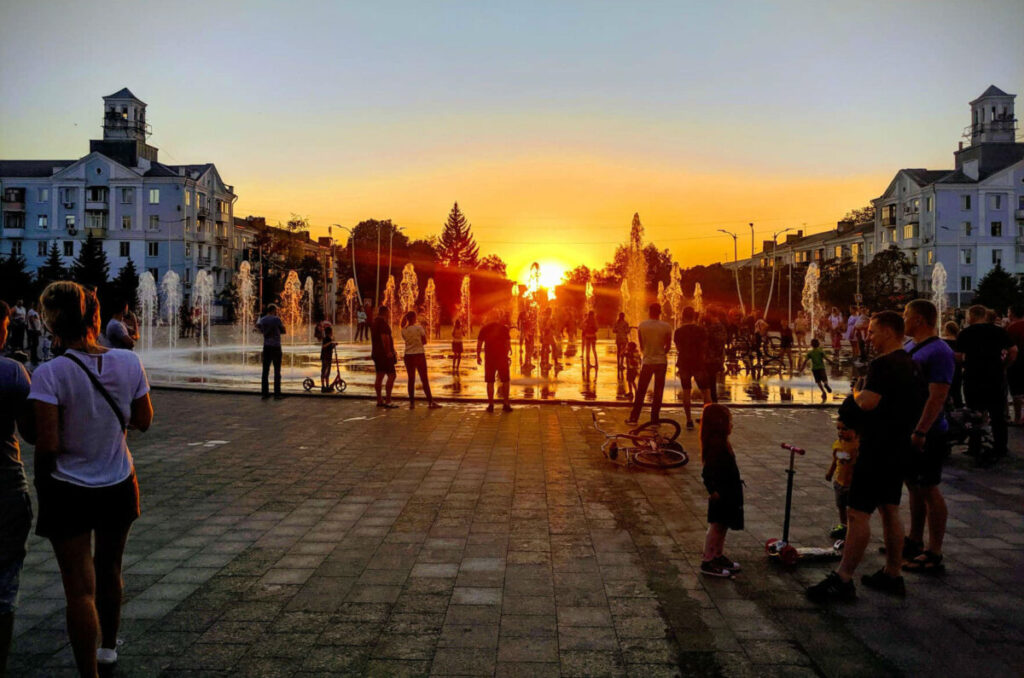By L. Abigail Davis
With age I have become better at handling the ebbs and flows of life – skilled even. I bounce from hardship to hardship, juggling odd scenarios and urgent situations. A chaotic life is my inheritance. I sometimes joke that some people have family emergencies, but I have an emergency family. I have taken time to heal and work through much of that and I am grateful for those that supported me in that process. It has set me up well for ministry – at least I hope so. I didn’t think that there was anything that could really blindside me.
That was until the war in Ukraine started.

I spent my earliest years in Ukraine in a town called Druzhkivka – situated in the now-infamous Donbas.
I have spent the last two months watching the front-line inch closer and closer to my old home. They are currently surrounded on three sides. These were our neighbors. Our friends. Now caught in the horror of war.
I turned to what I knew to do – write. I tried to create content that would educate people on what was happening in Ukraine. I tried to personalize it with my stories. I tried emotional appeals to get people to care. And people did respond! People connected and learned and related to what they saw.
However, something that I have noticed is that people – westerners in particular – are quick to want to talk in ideas and theories and predictions. There is perhaps nothing inherently wrong with that, but when I began to grieve, I often felt as though I was not seen or heard. Blank stares at me mentioning my hurt. Sterile approaches. A very clear “shutting down.”
And I am not the only one.

Other people that I have met with ties to Ukraine have felt this way. It dominates the airways. Flags on profile pictures. Company logos turning blue and yellow.
And yet we all feel very, very alone. I once heard the phrase “grief must be witnessed” and it has stuck with me all these years because of how salient it was for me.
The most salient image of this for me was just prior to the escalation breaking out. A Ukrainian lawmaker was on an American news station to give an update on what was happening. She held a small flag and she burst into sobs – “Please. Save Ukraine.” The news anchor looked away, instead looking towards the corner of the screen.
Ukrainians and those of us with ties to Ukraine are not the first ones in the course of human history to feel profound grief. We are only a recent group. And yet, the practice of witnessing grief is one that is sorely underdeveloped – at least speaking as someone who has lived the United States for the bulk of my life. People’s deepest traumas are summarized and put onto television and podcasts for the entertainment of the masses. Even our spiritual and religious communities often do not know how to handle grief when it is presented to us. Often religious leadership tries to placate the difficult emotion or brush it off with some platitude. This is not limited to Christianity – even some spiritual-but-not-religious communities fall into “you create your own reality,” “love and light” dialogue that leaves those amid profound suffering in the cracks.

That said, there is profound healing that can take place when grief is acknowledged and truly witnessed.
What if we, as those who wish to heal and be healed, took time to witness our own grief and the grief of another?
What if we, as starry-eyed idealists who hope to see a world where everyone makes it, took a moment to grieve that we don’t live in that world just yet. And in that grieving, began to imagine little ways that me might help one another, so that generations after us might grieve less.
Grief is heavy when held but liberating when expressed and processed. It is no foe, but a friend dearly asking us if we are truly okay.

What if we, instead of shooing them off, learned to embrace our friend, Grief?
That we might nuzzle our faces into their chest and acknowledge the pain of hurts past and present. In knowing that it is not all okay, our tears water the fields of the hope of tomorrow – no, not all is well. But all shall be well.
Should you not know how to view your own grief yet, that is okay. Bear witness to mine:
The arms that held me, the streets that saw my first steps, the walls that heard my first words are being overrun with tanks and missiles. My age cohort is on the front lines. Our neighbors have had to flee, and those unable to flee are stuck waiting for the hour that the war reaches their door – any day now. Yet in my mourning, I make room for the hope of tomorrow.

That those streets will be rebuilt, and more first steps will be taken there. That the skies of Donbas will hear the babbles of another baby learning to speak. The people will come back, and they will embrace.
Here is my grief – witness me.
I promise to witness you too.
